Do you feel a burning pain in your body while doing any everyday task? Well, damaged nerves can become a daily struggle for you.
Science and technology are evolving every day. But it is undeniable that food and nutrition can help you avoid the pain, tingling, coldness, or numbness of your body due to neuropathy. Most caregivers and dieticians advise incorporating foods having anti-inflammatory properties into the patient's diet.
Did you know that a few food items can alleviate neuropathy or neuropathic pain? The following article deals with the details of the foods that you should avoid if you experience neuropathic pain.
If you are reading this article for a dear one suffering from neuropathy, here's a quick overview of the disease to get a clear idea of their situation.
Jump to:
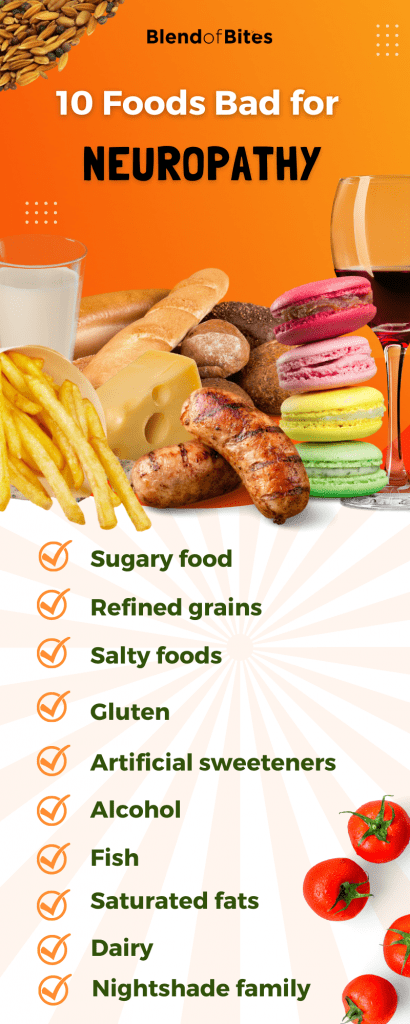
What is neuropathy?
Neuropathy or neuropathic pain is the result of damaged nerves. It can be triggered due to arthritis, chemotherapy, sports injury, diabetes, spinal cord injury, or multiple sclerosis.
Are you wondering how it feels? Well, neuropathic pain is awful in different ways. Either it can be a burning sensation or complete numbness. It can be sensitive to hot or cold or a sharp or dull sensation. You can have trouble standing or walking, and it may even make you feel helpless to pick up your food with a spoon or fork.
Yes, patients experience terrifying helplessness due to neuropathy. There are streamlined medical ways to improve their lives, but daily consumption of certain foods can either improve the pain or push them to a dire position.

Foods that can worsen a neuropathic situation
Food and diet have been identified as one of the essential components that affect the health of neuropathic patients. Most dieticians recommend vegetables, nuts, and lean meats with anti-inflammatory properties to improve the condition of neuropathy. On the other hand, avoid the following food items to keep neuropathic pain at bay.
1. Sugary food

If you love cookies and candies, here's some bad news for you. Neuropathic pain is often associated with diabetes. Therefore, high sugar levels can worsen the health condition of this chronic disease.
Did you know that 50% of diabetic patients experience neuropathy? Yes, it is due to the strong connection between high blood sugar and neuropathy. When you eat sugary food, there is a surge of glucose in your blood, leading to the swelling of your nerves. Consequently, you may experience a tingling or burning sensation in your nerves.
If you seek to relieve yourself or your dear ones from this chronic or life-threatening condition, do not pick up cookies, candies, sweetened beverages, or muffins next time in the grocery store.
2. Refined grains
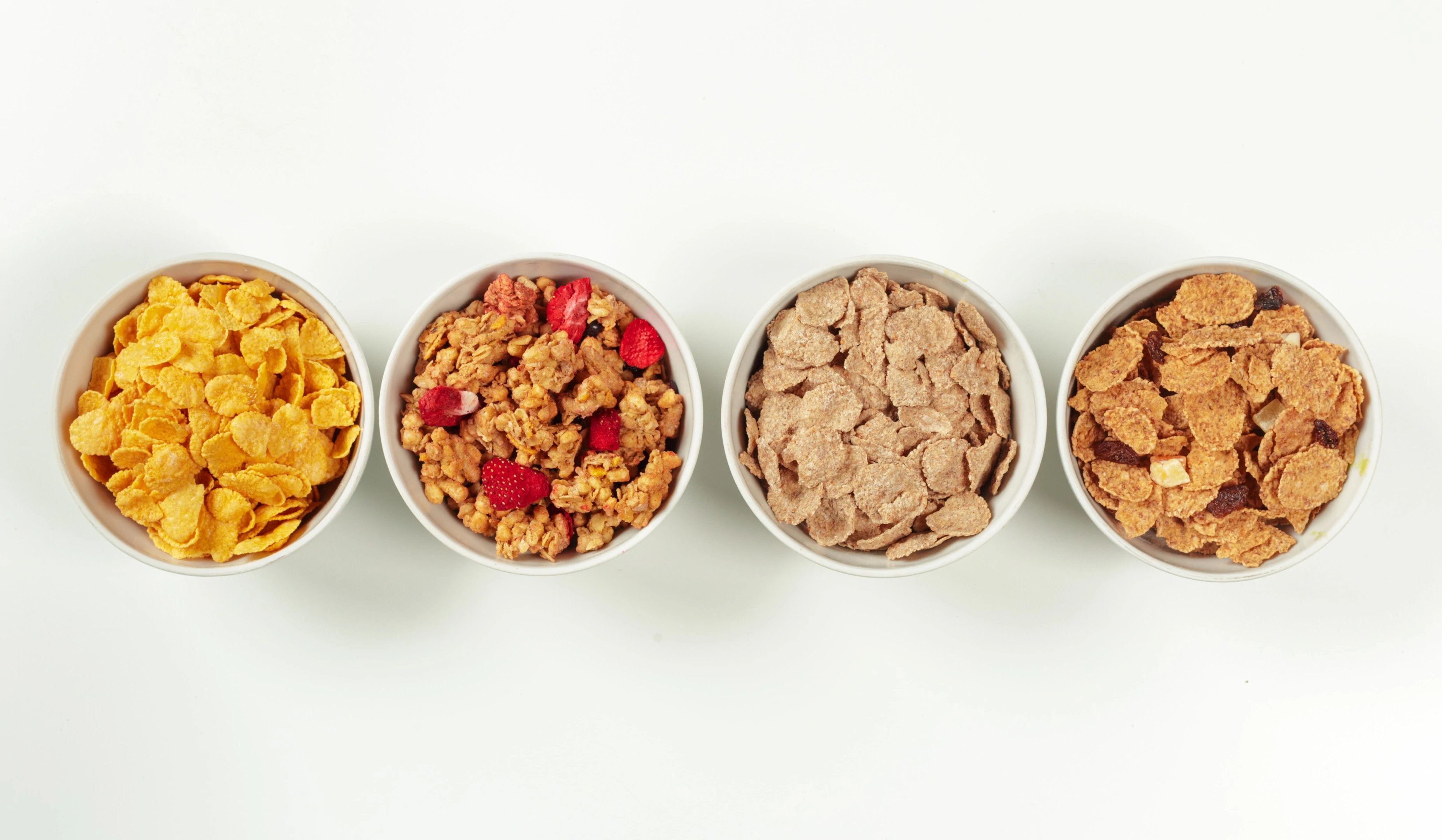
Have you been eating cornflakes with milk every morning? Well, it can be the sole reason you are pushing yourself into the hands of neuropathic pain. Refined grains are stripped of fiber during the processing, and as a result, you get a dose of carbohydrates in your breakfast.
Whenever you consume refined grains, there is a rush of carbohydrates that break into simpler glucose molecules in your blood. Consequently, the blood sugar level increases, instigating reactions on your nerves or damaging them further.
Cereal flakes, cereal bars, and instant oatmeal are complete no-nos in your breakfast list if you do not want to worsen your chronic disease. Any whole-grain food item should be avoided.
3. Salty foods
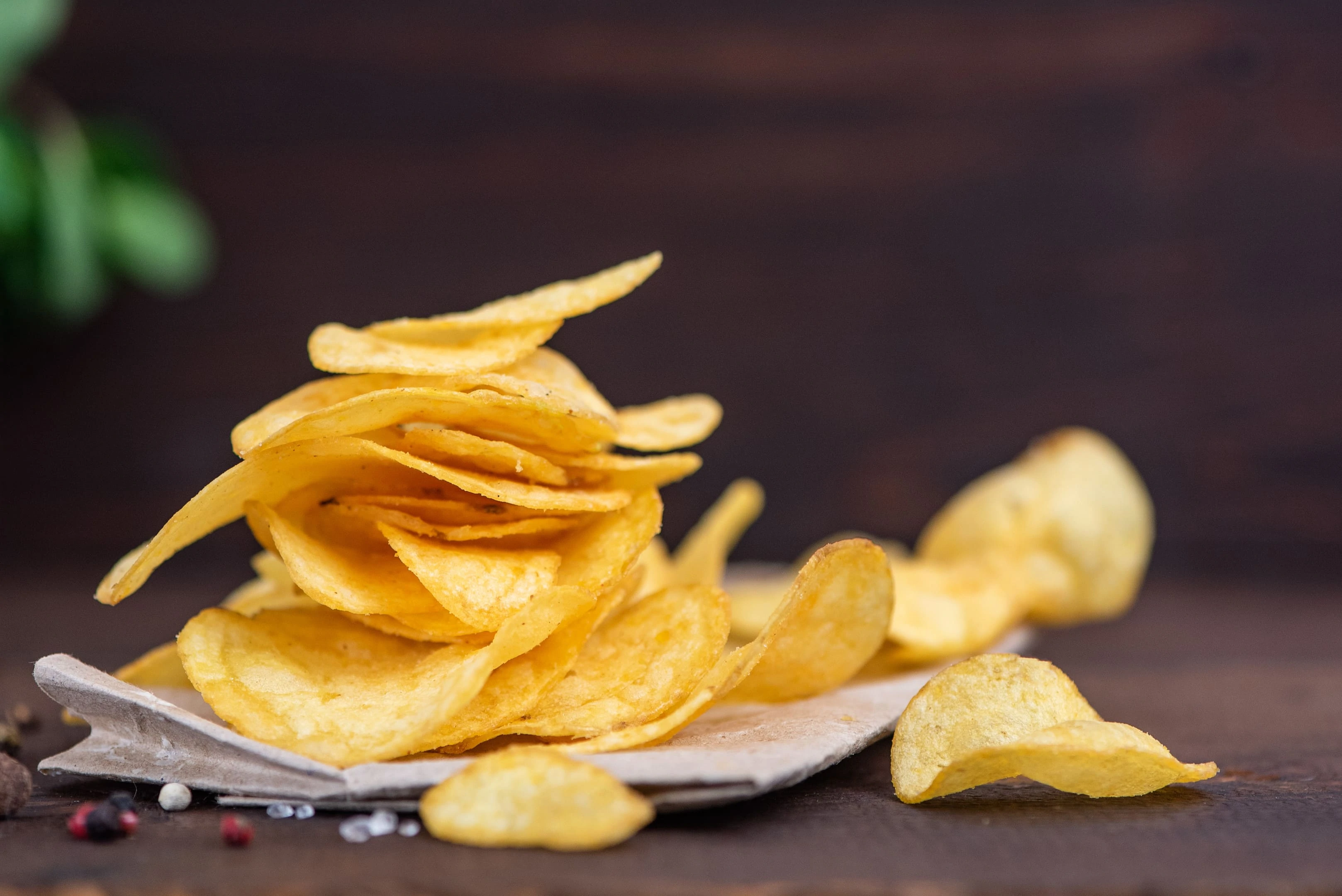
If you love crunching on salty potato chips, you must give them up. Salty foods should be avoided to relieve you from burning or numb neuropathic pain.
The deposition of high salt in the bloodstream restricts the flow of blood. As a result, patients can experience tingling, burning, or numbness of the nerves. To ease the stress on your nerves, you must avoid salty foods.
You should avoid processed meals, potato chips, cold cuts, fast foods, pretzels, and other salty food items. Moreover, you must monitor the salt intake in your regular diet.
4. Gluten
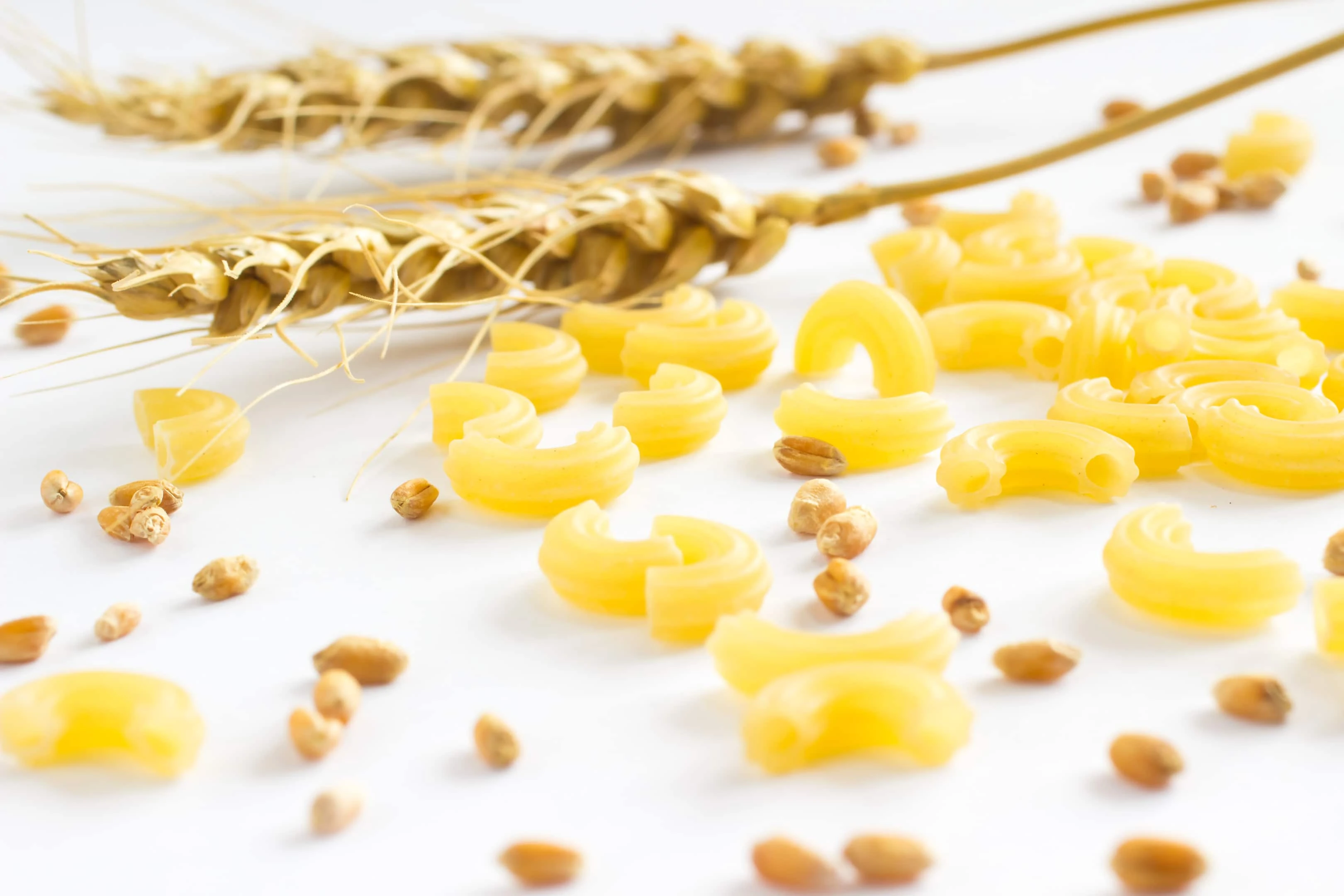
Gluten has been a food villain for a long time. Due to the threats of celiac disease, there is a huge demand for gluten-free food items, from flour to snacks. However, people having gluten sensitivity or celiac disease are not the only ones that gluten affects.
However, gluten has inflammatory properties that worsen the condition of neuropathic patients. In most cases, gluten food initiates immune responses, leading to neuropathic pain.
Therefore, whether you are celiac or non-celiac, gluten-sensitive or not, you must avoid gluten food items.
Always look for a gluten-free variant of any food item to keep neuropathy at bay.
5. Artificial sweeteners
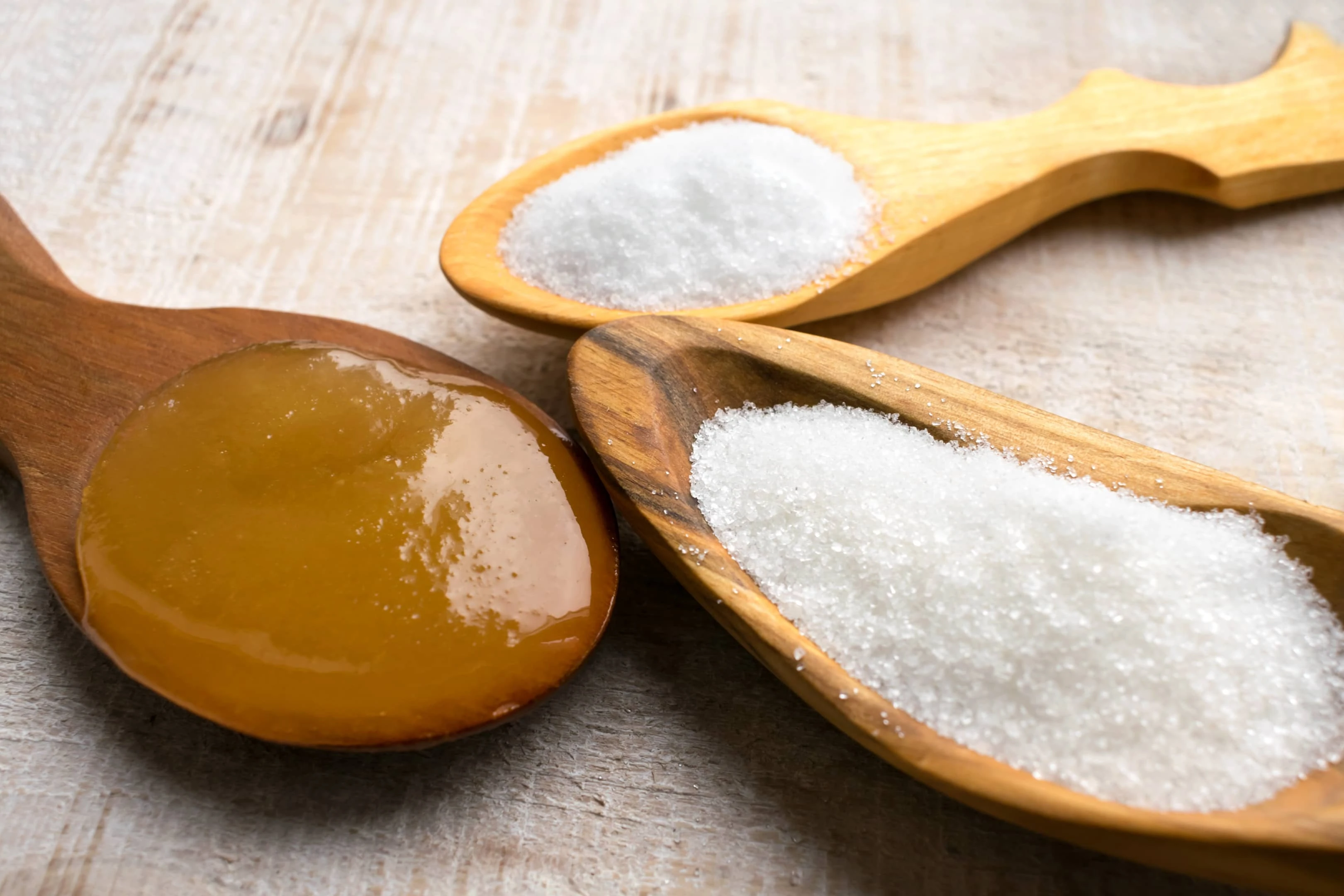
Having a sweet tooth is not bad until you are stuck with neuropathy. Artificial sweeteners should be cut off your list along with the beverages containing them.
Artificial sweeteners have the same effect as sugary foods on neuropathic patients. Therefore, you must avoid soda, soft drinks, packaged fruit juices, and other food items containing artificial sweeteners.
6. Alcohol

Do not do it if you are thinking of sipping beer to ease your nerves! Alcohol dehydrates you and, most importantly, adversely affects your nervous system, pushing you to neuropathic pain.
Moreover, long-term alcohol consumption may push a healthy person towards alcoholic neuropathy. Alcohol dissolves nutrients from your food intake, such as vitamin E, B6, B12, folate, thiamine, niacin, etc. This may lead to malnutrition. Alcohol deprives you of nutrients. Therefore, cutting off alcohol is mandatory if you do not want neuropathic pain in your life.
Starting with minor cramps, alcohol may lead to burning or numbing neuropathic pain. Therefore, it is recommended to avoid alcohol if you do not want to experience the darker aspects of neuropathy. If you are addicted to alcohol, seek professional assistance to reduce your alcohol consumption for a better quality of life.
7. Saturated fats
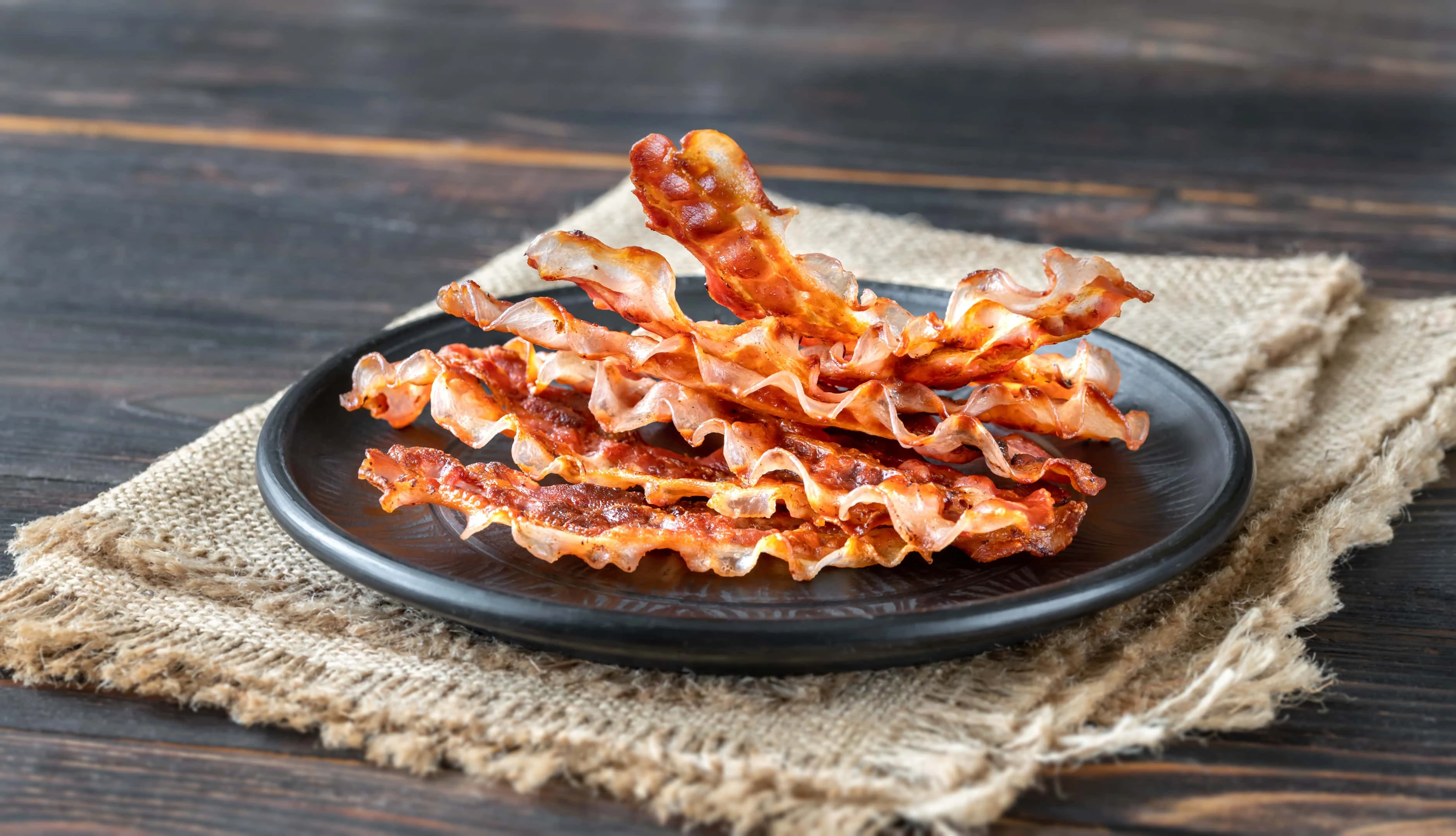
Fat is an essential nutrient for a balanced diet. However, the type of fat you are consuming may impact your nervous health. To be very specific, bad cholesterol may aggravate your neuropathic condition.
The circulation of saturated fat in your bloodstream can hamper blood flow, leading to neuropathy. It can further damage the delicate nerve fibers. A rise in LDL in your body may worsen the disease.
You must avoid saturated fats by cutting off on saturated oils, processed meats, and fast food. Here is a solution if you are considering switching from saturated oil. Instead of saturated oil, you may use olive oil or sesame oil as alternatives to cook your food.
8. Fish

I bet you are surprised to see this food item. Fish is an essential source of nutrients for most of us. There is nothing wrong with fish, but mercury is a contaminant in fish and is the main problem. The larger the size of the fish, the higher the mercury content.
Mercury in fish can be considered a toxin. Thanks to pollution, it is hard to find any fish without mercury content. Mercury is a harmful component that damages your nerves and worsens your neuropathic condition.
Do not cut off fish from your diet completely. Limit fish to two servings a week. Always try to choose low-mercury fish. So, how do you know which fish have higher mercury?
Though there is no proper definition of high mercury and low mercury fish, avoid king mackerel, swordfish, tuna, and other large-sized fish. Pick cod, salmon, trout, and other small-sized fish when shopping.
9. Dairy

Though there are no direct links between dairy products and neuropathy, there are examples where dairy has instigated chronic inflammation in neuropathic patients.
Like gluten, dairy has been recognized as a problem for food-sensitive or lactose-intolerant people. Dairy and its products may lead to allergic or immune responses. High consumption of dairy or dairy products has often exhibited inflammation in neuropathic patients.
Even though it is not advisable to completely cut off dairy consumption, limiting the consumption of dairy and dairy products is advisable. Moreover, if you have food allergies, avoid such food items, as those may have links to your neuropathic pain.
10. Nightshade family
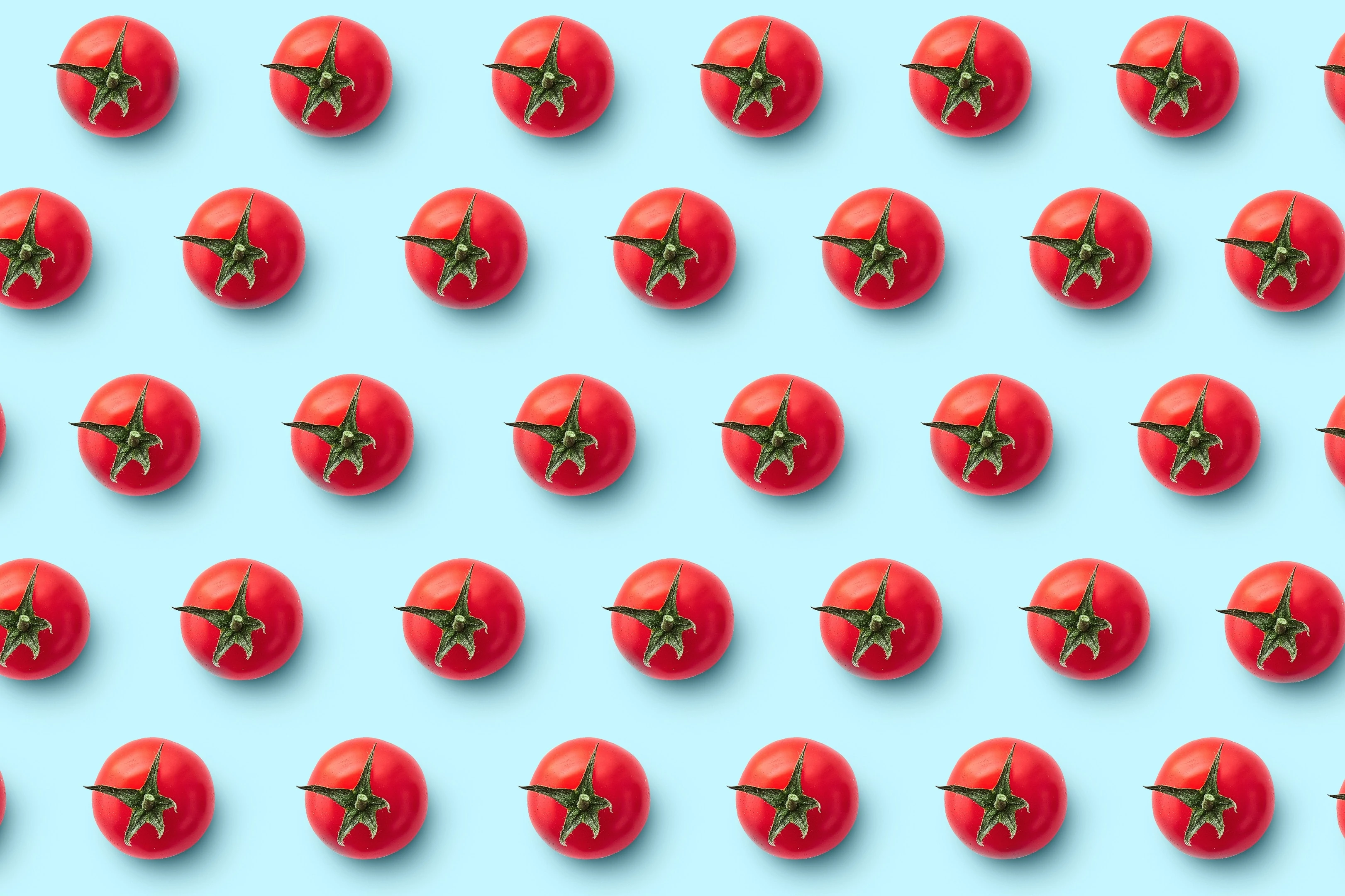
The name may be a new term for you, but the members are not—tomatoes, goji berry, eggplant, white potatoes, and tobacco fall into the category.
These components of the nightshade family exhibit inflammatory responses and lead to neuropathic pain. Thus, it is advisable to limit their consumption.
The right keys to conquering neuropathy
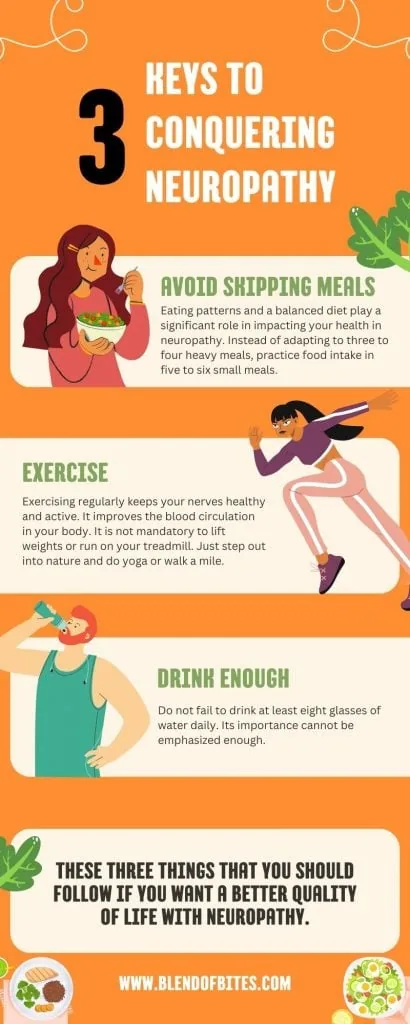
After a long list of don'ts, here are three things that you should follow if you want a better quality of life with neuropathy.
If you want to know what foods help with neuropathy, you can read our post.
1. Avoid skipping meals
Eating patterns and a balanced diet play a significant role in impacting your health in neuropathy. Instead of adapting to three to four heavy meals, practice food intake in five to six small meals.
It is all about nutrition in dealing with neuropathy. It is advisable to monitor your nutrition intake instead of calorie intake. You must include vitamins, especially vitamin B12, and minerals in your meals. You may ask your dietician for a diet plan that fits your nutritional requirements.
Instead of satisfying your cravings, find ways to add more nutrition to your plate.
2. Drink enough

Do not fail to drink at least eight glasses of water daily. Its importance cannot be emphasized enough.
A simple glass of H2O can fuel your body to execute much activity. Water contributes to the swift movement of blood throughout your body. This magical fluid ensures better blood circulation and active nerves. Water is the oil to your machine (body) you should not dare to skip.
Switch your alcohol with water to live a happier and longer life.
3. Exercise
The body is a machine. The more you make it work, the better it will work. Keep an hour of exercise scheduled in your hectic routine.
Exercising regularly keeps your nerves healthy and active. It improves the blood circulation in your body. It is not mandatory to lift weights or run on your treadmill. Just step out into nature and do yoga or walk a mile.
Your doctors may also recommend physiotherapy for you. Physiotherapy ensures the movement of your body under supervision so that you do not end up hurting yourself. In most cases of neuropathy, physiotherapy has been acknowledged as an effective treatment.
Enhance your neuropathy management with natural products
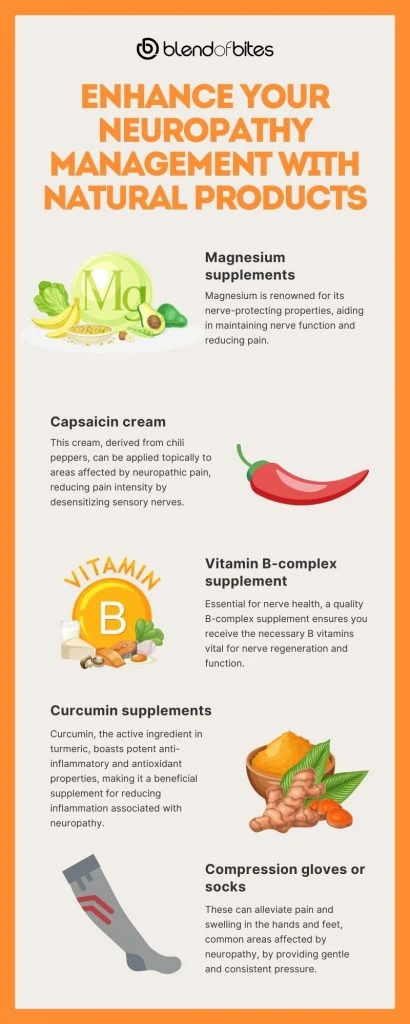
In addition to making dietary adjustments, consider integrating the following natural products and supplements to alleviate neuropathic pain further and enhance nerve health:
- Magnesium supplements — Magnesium is renowned for its nerve-protecting properties, aiding in maintaining nerve function and reducing pain. [View on Amazon]
- Capsaicin cream — This cream, derived from chili peppers, can be applied topically to areas affected by neuropathic pain, reducing pain intensity by desensitizing sensory nerves. [View on Amazon]
- Vitamin B-complex supplement — Essential for nerve health, a quality B-complex supplement ensures you receive the necessary B vitamins vital for nerve regeneration and function. [View on Amazon]
- Curcumin supplements — Curcumin, the active ingredient in turmeric, boasts potent anti-inflammatory and antioxidant properties, making it a beneficial supplement for reducing inflammation associated with neuropathy. [View on Amazon]
- Compression gloves or socks — These can alleviate pain and swelling in the hands and feet, common areas affected by neuropathy, by providing gentle and consistent pressure. [View on Amazon]
Remember to consult with a healthcare professional before introducing new supplements or products into your routine. When paired with the right dietary choices, these products can significantly contribute to managing neuropathy and enhancing your quality of life.
Disclaimer: As an Amazon Associate, I earn a small commission from eligible purchases.
Conclusion
The dos and don’ts for neuropathy are just a guide to a better life for you. Nobody loves to live in pain. The doctors can provide you with many medicines and treatments, but minor lifestyle changes may help them treat you faster.
Avoiding the items mentioned above may seem difficult for you at first. But do you want to live your life in neuropathic pain? A few sacrifices may fetch you a painless experience. Does that seem promising? Just take note of the food items on the list and avoid them if you want a better life. Cutting or limiting these food items can show you a path to a better life where the burning sensation or numbness won't fit. Imagine doing an everyday task without giving a thought to the neuropathic pain. Yes, you can quickly achieve that fitness goal.
Being affected by neuropathy does not mean you have to live with pain every single day of your life. A few alterations in your lifestyle and eating patterns can help you to experience less neuropathic pain. You can change your pain level only by altering your food choices. These small steps to the changes in eating patterns will result in a better quality of life for you.
I am wishing you a pain-free life!

A writer passionate about wellness, nutrition, and intentional living. She creates engaging, research-based content that empowers readers to live healthier lives. Through every article, she brings clarity, inspiration, and a touch of everyday practicality. Read more about Juliana.







Alex says
Good article. Sounds like most or all tasty foods are out, basically eat water and hope for the best. Progress very slow in treatments in this field.